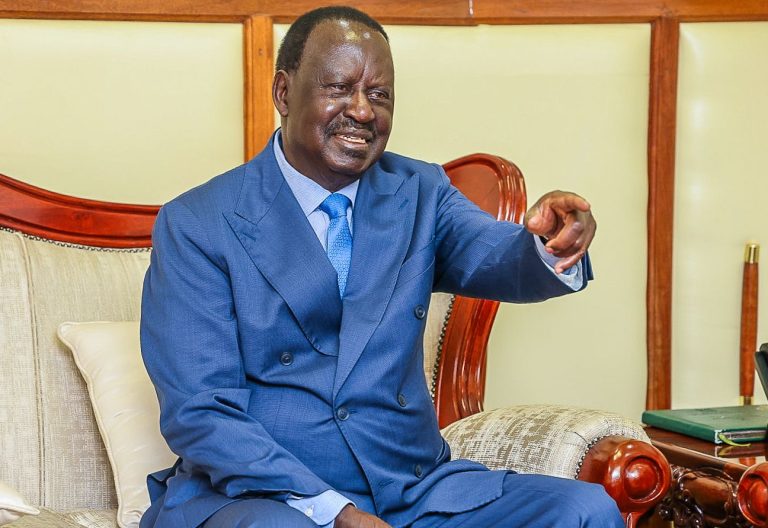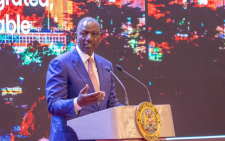Delicate balance for Tanzania in dealings with China

As China remakes the ancient Maritime Silk Road for the 21st century, Tanzania finds itself standing at a crossroads. The promise of modernised ports, bustling industrial zones and economic prosperity beckons. Yet beneath the surface of these ambitious development projects lies a complicated web of strategic interests that demands careful scrutiny.
China’s selection of Tanzania as one of only two African nations for Maritime Silk Road replication is no coincidence. The country’s strategic location along the East African coast makes it an ideal gateway for maritime trade between Africa and Asia. Its significant untapped economic potential also makes it an attractive partner for China’s port infrastructure and industrial zone development plans. But while the Chinese government frames these initiatives as win-win partnerships, Tanzanians must ask themselves: At what cost does this development come?
The Shekou Model being implemented in Tanzania – integrating ports, industrial parks, and urban development – appears impressive on paper. China Merchants Group’s track record of creating self-sustaining economic zones promises transformation. But this development template comes with concerning implications for Tanzania’s sovereignty.
Consider the structure of Chinese involvement itself. Under Chinese law, the line between public and private enterprises is deliberately blurred. Private firms must instal ruling party branches within their decision-making structure through the guojin mintui regulation. These companies, staffed significantly by former military and intelligence personnel, become extensions of Chinese state power. When such entities control critical infrastructure like the ports of Dar es Salaam and Bagamoyo, they gain unprecedented leverage over Tanzania’s economic lifeline.
The financial arrangements underlying these projects are equally troubling. China’s pattern of prioritising strategic asset acquisition over debt repayment sustainability has been documented across the Belt and Road Initiative. Of about 65 countries participating in this programme – including 20 from Africa – many find themselves increasingly dependent on Chinese financing. Together, these nations account for 30 percent of global GDP and 75 percent of energy reserves, making them strategically vital to China’s ambitions. This debt trap diplomacy creates a form of economic servitude that can compromise a nation’s ability to make independent decisions.
What’s more, China’s broader strategic ambitions cannot be ignored. The Belt and Road Initiative, now enshrined in both state and party constitutions, explicitly aims to build a new global system of “interdependencies” with China at the centre. Some 50 Chinese state-owned companies are currently implementing 1,700 infrastructure projects worldwide, worth about $900 billion. This means Tanzania’s ports and industrial zones aren’t just about economic development – they’re pieces in a larger geopolitical puzzle designed to expand Chinese influence and control over global supply chains.
The presence of an estimated 3,000 ex-Chinese military members in Belt and Road projects worldwide raises additional security concerns. When coupled with China’s growing involvement in Africa’s security sectors, this creates potential vulnerabilities in Tanzania’s sovereign control over critical infrastructure. Through these projects, China gains control over critical infrastructure that can provide political leverage, potentially influencing local and regional policies to align more closely with Chinese interests.
None of this is to suggest that Tanzania should reject Chinese investment outright. Development partnerships can be beneficial when properly structured and managed. However, Tanzania must negotiate these agreements with clear-eyed awareness of their long-term implications. Tanzania needs to ensure that these partnerships include transparent financial terms that don’t compromise its fiscal sovereignty, clear limits on Chinese control over critical infrastructure, technology transfer provisions that build local capacity, environmental and labour protections, and mechanisms for dispute resolution that respect Tanzanian law. Its future prosperity depends on striking this delicate balance.















